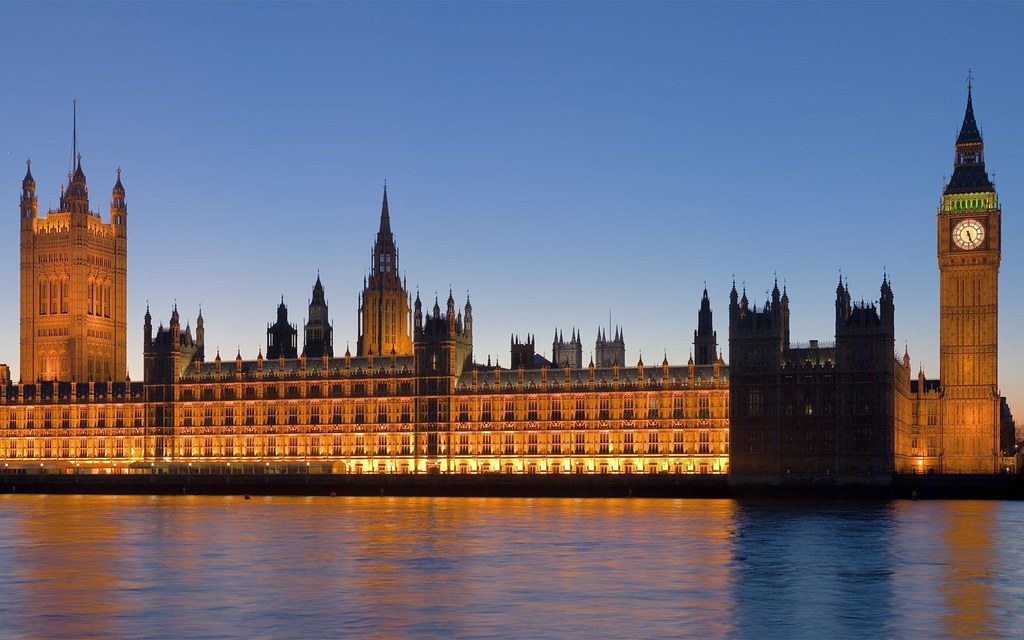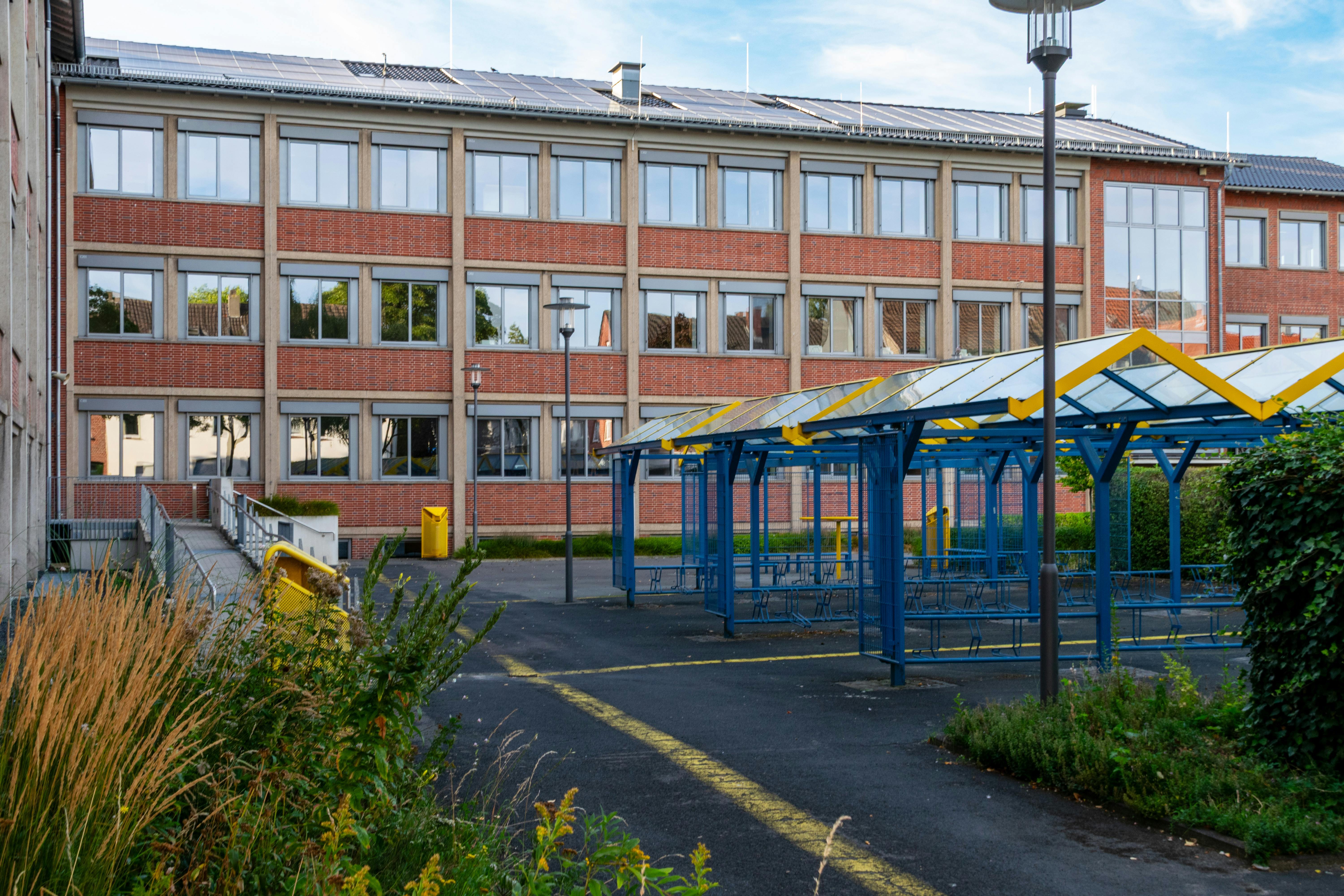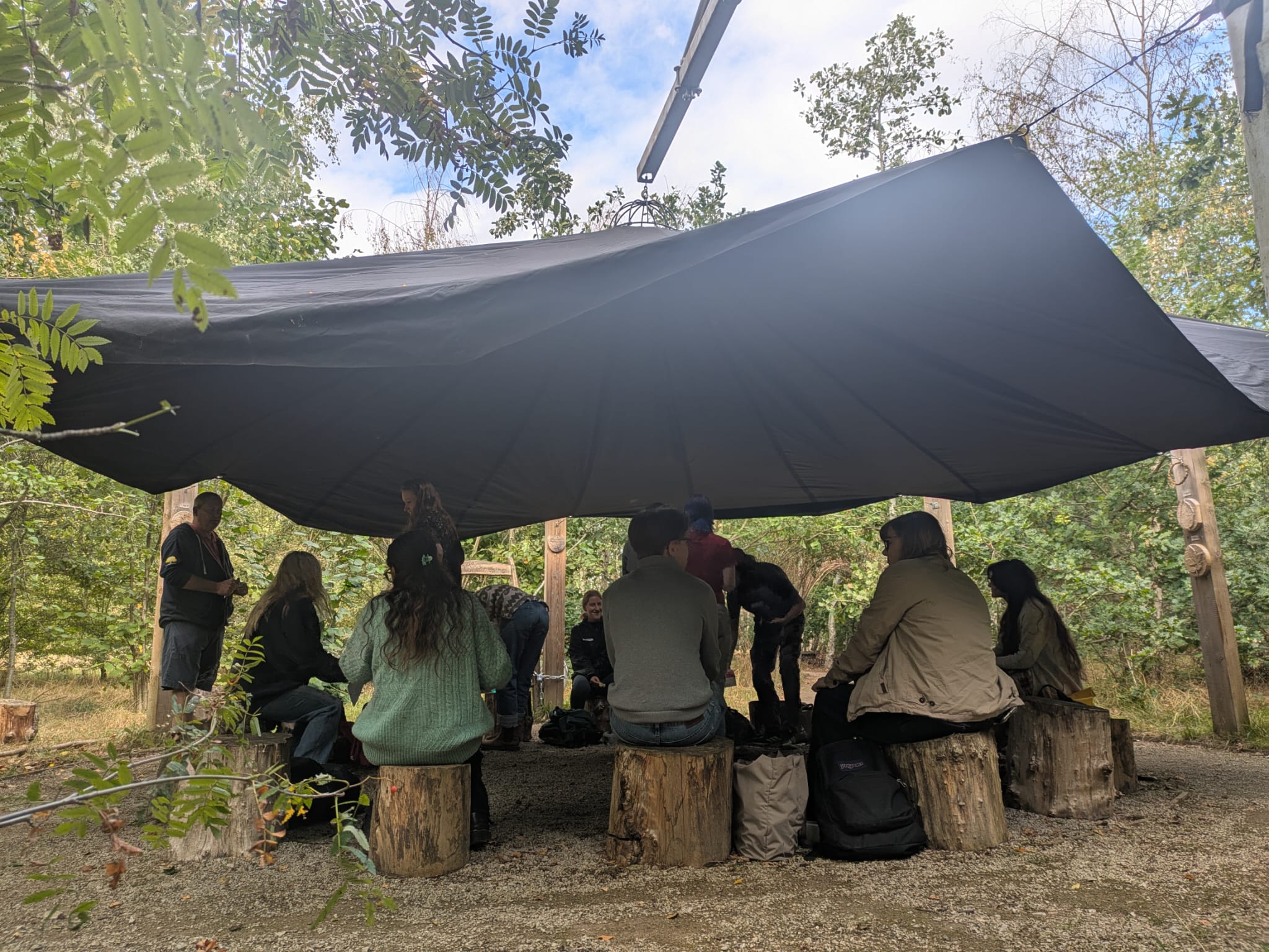


February 26, 2026
For years, the state of climate solution education has been framed around the idea of focusing on our Carbon Footprint, but do we ever question the authenticity of such an idea? Everybody knows that we need to be mindful of our Carbon Footprint. I ask, do we?

February 19, 2026
Through careers services, teaching resources and educational initiatives, fossil fuel companies like Shell and BP are reaping the rewards of controlling and improving their image, while continuing to destroy the planet.

December 10, 2025
Youth Matters: Your National Youth Strategy is a document, and a moment, for us to be proud of, and I’m excited to see how it improves lives for our generation and the generations which follow us.

November 27, 2025
The Autumn Budget falls short in investing in an education system fit for the future. However, funding for playgrounds provides an opportunity to enhance outdoor learning.

November 24, 2025
Let’s face it, AI is everywhere. Specifically, ‘generative’ AI models that produce the photos and videos we see online, down to the text answers we get from Google searches. Artificial Intelligence is here, and it’s here to stay. But is this a good thing? Not everyone has been keen to adopt AI into their daily lives and for a multitude of different reasons. The one I’m going to look at here is the impact of using AI on the planet.

November 13, 2025
Baroness Eluned Morgan updates the Senedd on the Twenty-First Century Schools programme – a long-term investment transforming schools across wales and setting an example for the rest of the UK. Mae’r Farwnes Eluned Morgan yn rhoi diweddariad i’r Senedd ar raglen Ysgolion yr Unfed Ganrif ar Hugain – buddsoddiad hirdymor sy’n trawsnewid ysgolion ledled Cymru ac yn gosod esiampl i weddill y DU.
.jpg)
November 5, 2025
As the Curriculum and Assessment Review’s final report is published today, we at Teach the Future are pleased to see a greater inclusion of education on climate change and sustainability.

November 2, 2025
Decarbonisation is a win-win for sustainability AND affordability.

September 15, 2025
Over the past few weeks, students from Teach the Future and beyond have been meeting online to discuss how the climate crisis shows up – or doesn’t – in our schools and colleges. We looked across a wide range of subjects to think about how climate education could be embedded more meaningfully.

September 13, 2025
In her A level EPQ project, Emily Hunt explores why connecting young people with nature through their education is vital - for wellbeing, learning, and the future of the planet.

September 11, 2025
The Department for Education has recently released a summary of findings on the three key climate risks: overheating, flooding, and water scarcity. The findings make clear the increasing disruption schools will experience in the coming years. Missed learning days are set to increase, and pupils’ ability to learn will be harmed if adaptive and preventative strategies are not put in place.

August 23, 2025
During June and July of this year, Teach The Future asked the independent company Norstat to conduct a survey with 1001 students from years 5 to 13 in England. Their responses were used as a basis to reflect the population of all school students in England.